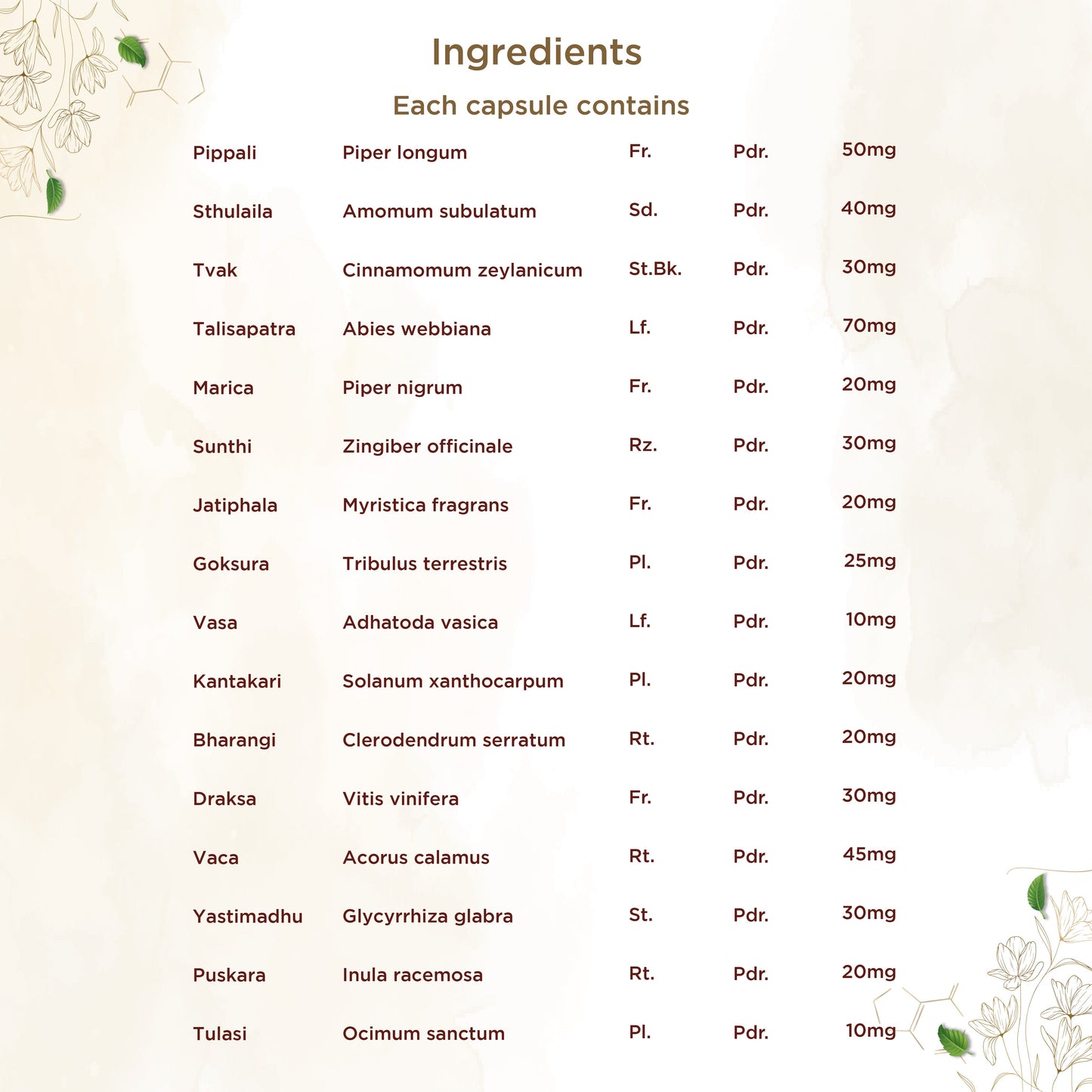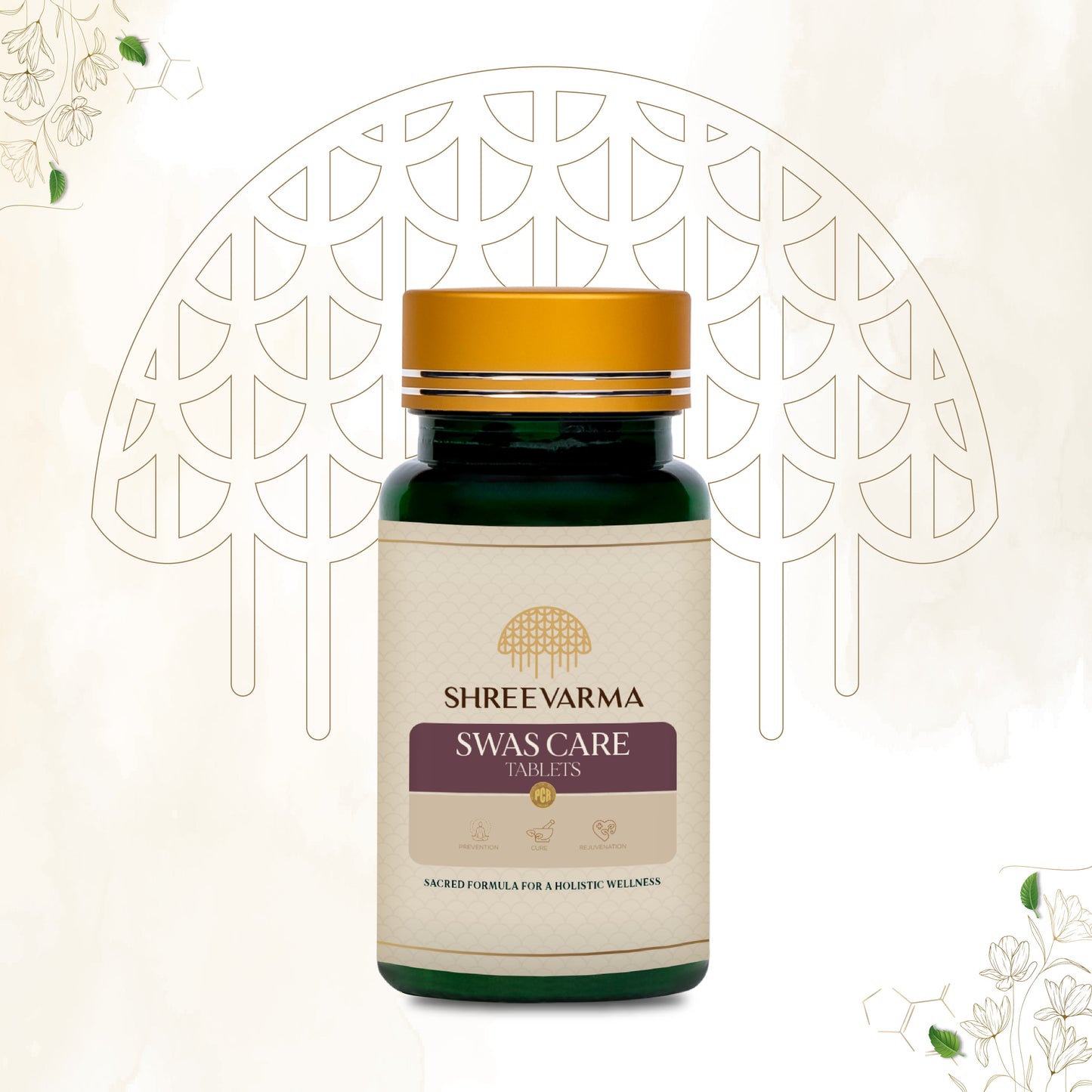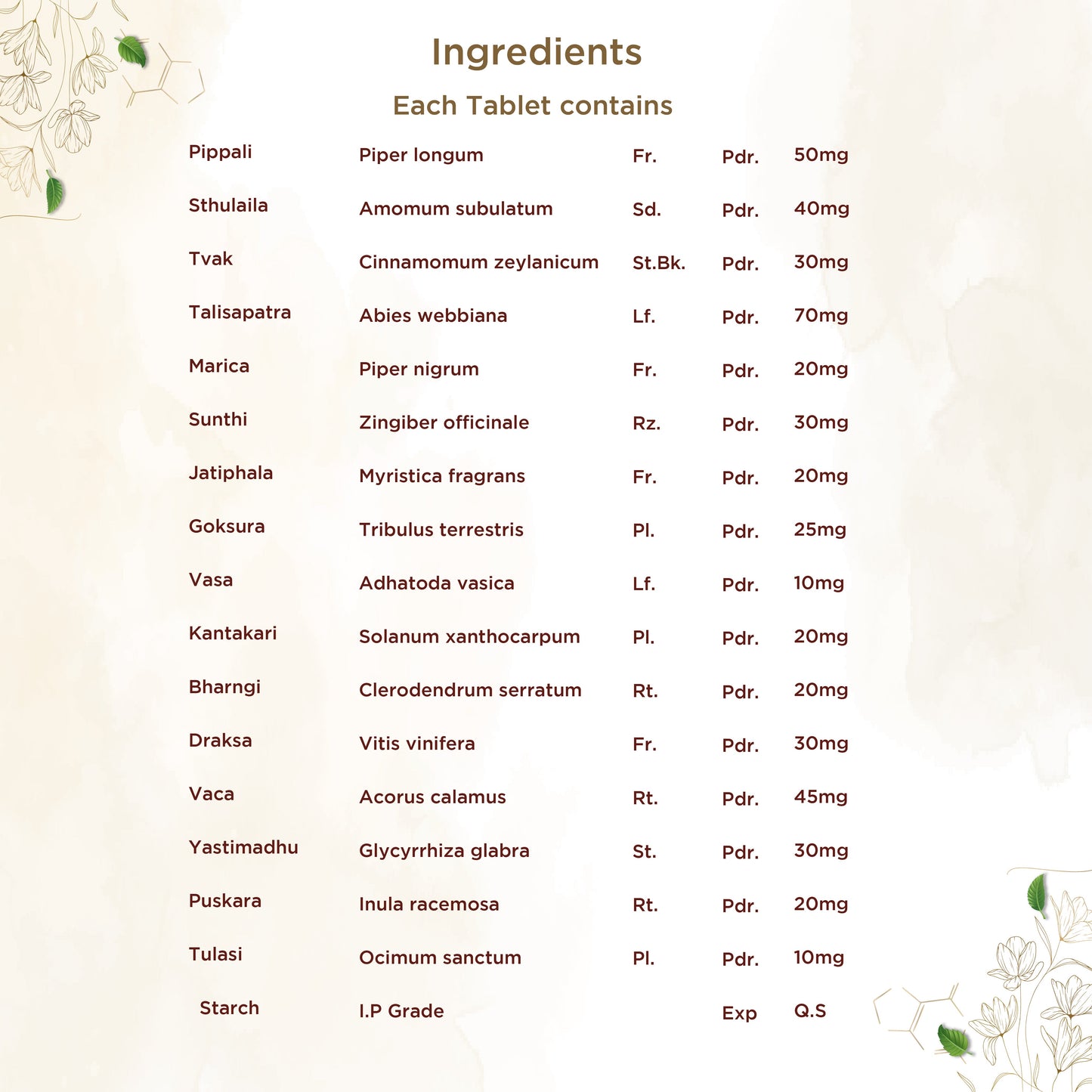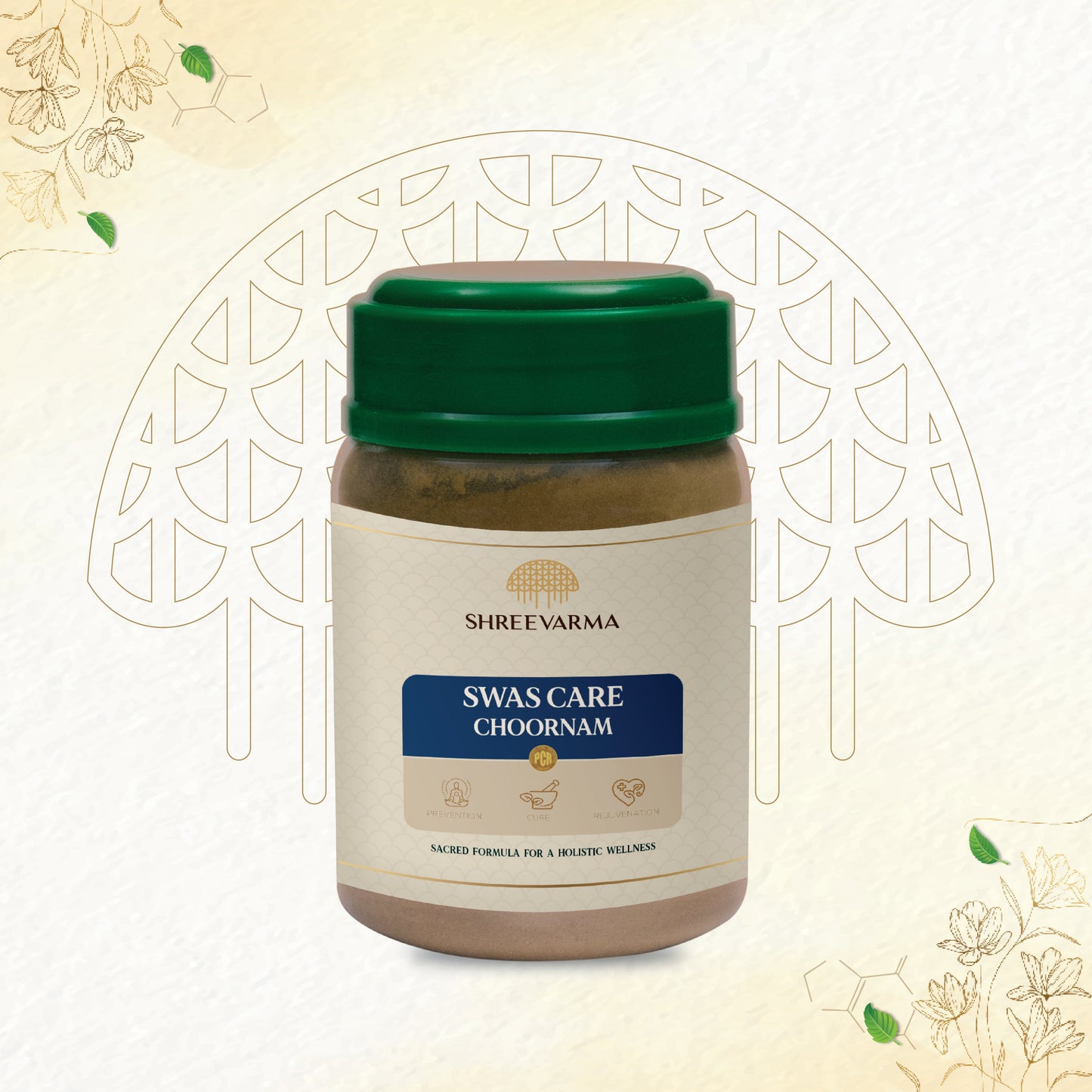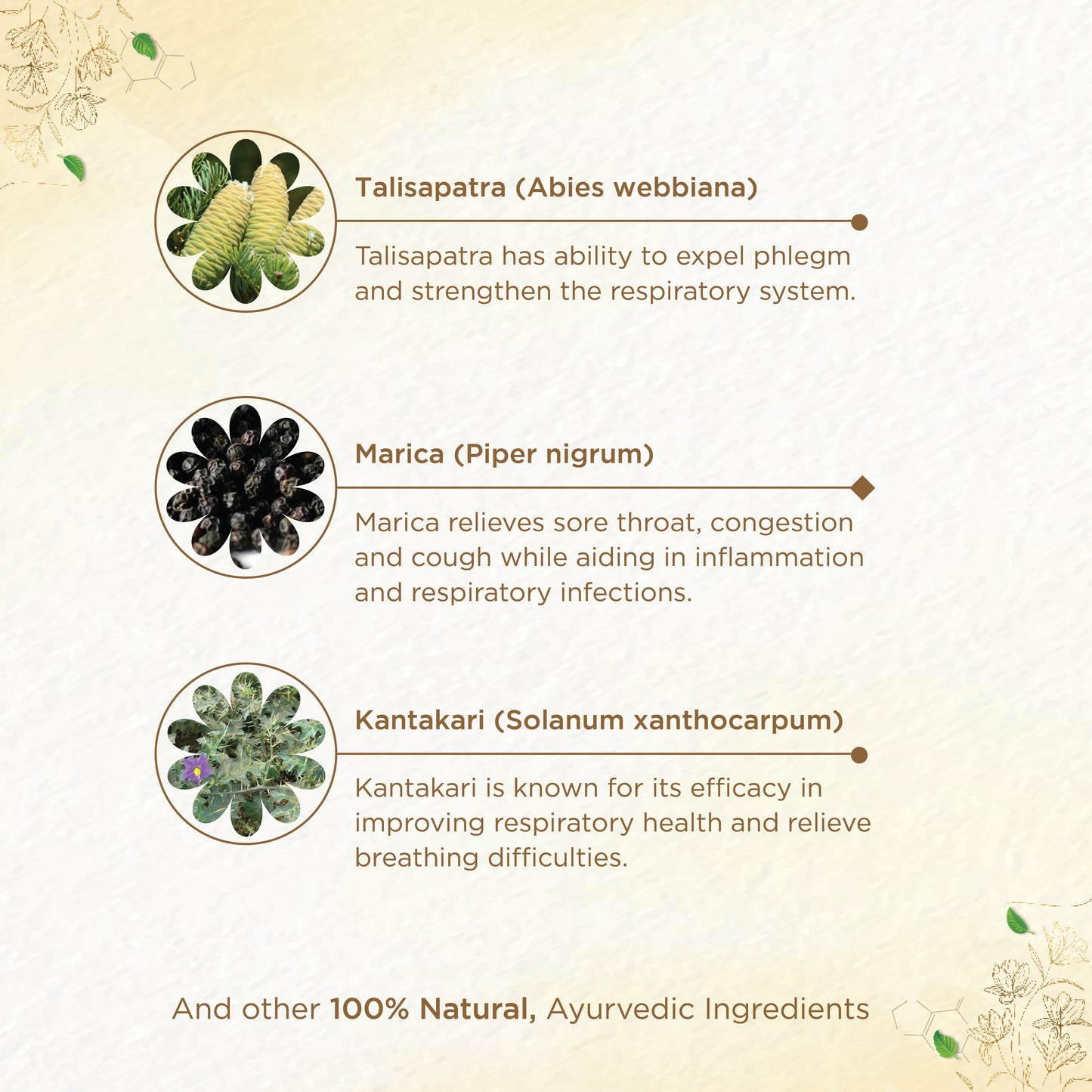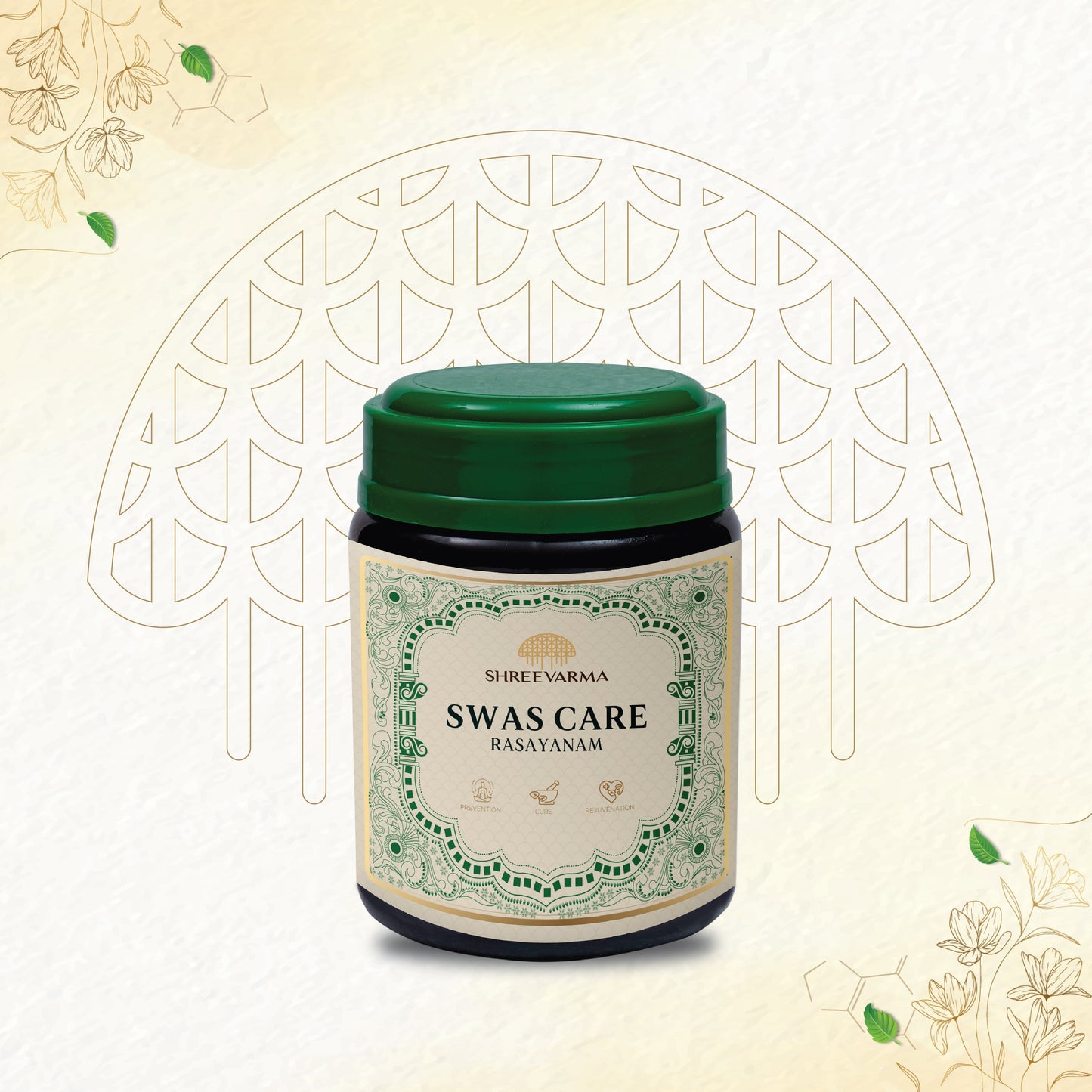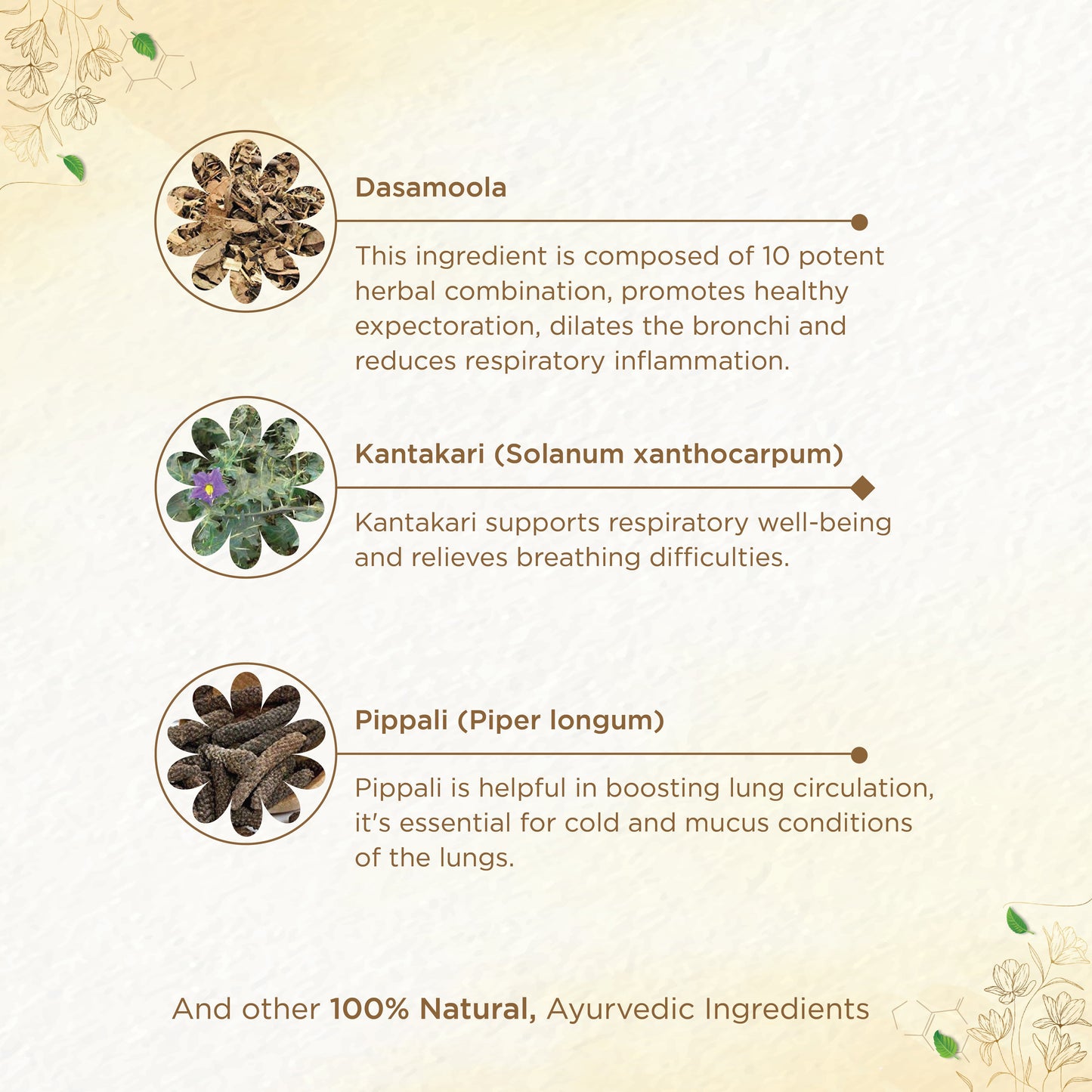
Escaping Depression's Shadows: A Journey to Hope and Healing

In Ayurveda, depression is referred to as "Mano Avasada," encapsulated by the phrase "Vishada Sarvata Manah Khedah." The Ayurvedic understanding of depression involves a complex interplay of factors. This condition is characterized by a persistent feeling of sadness and inappropriate guilt. Ayurveda recognizes a similar condition called avasada, both rooted in vishada. The core factors contributing to vishada at the physical and mental levels involve the depletion of Vata dosha and Rajas, respectively. On the other hand, anxiety is characterized by anticipating future concerns, often accompanied by muscle tension and avoidance behaviours, leading to excessive fear and anxiety.
CAUSATIVE FACTORS:
These health issues are complex and can be caused by a combination of factors, including:
- Environmental factors: External elements such as persistent stress, traumatic experiences, and social isolation significantly impact emotional well-being, potentially triggering or exacerbating mental health challenges.
- Lifestyle factors: Choices related to diet, regular exercise, and quality of sleep contribute profoundly to psychological health, shaping an individual's overall well-being and resilience against depression.
- Medical factors: Infections and underlying physical health conditions can have intricate connections with psychological well-being, emphasizing the importance of holistic health care for overall emotional health.
- Hereditary: Genetic predisposition plays a role in susceptibility to depression and anxiety.

- Psychological factors: Individual traits like personality, the effectiveness of coping mechanisms, and the level of self-esteem intricately contribute to mental health outcomes, influencing how one navigates challenges and stressors in life. Understanding these factors is crucial for proactive mental health management
- Drug or Alcohol Use: Misuse of drugs or alcohol directly affects emotional well-being, upsetting the delicate balance of the mind. This can lead to mood swings, increased anxiety, and the worsening of underlying depression issues
SYMPTOMS OF DEPRESSION AND ANXIETY:
Recognizing the symptoms of depression and anxiety is crucial for early intervention. These symptoms include:
- Vishada (Sadness/Anguish)
- Utsahanasha (Loss of Enthusiasm)
- Shoka (Feeling of Grief)
- Ashabhanga/Nirasha (Frustration/Pessimism)
- Aprayatna (Lack of Motivation/Initiation)
- Anannabhilasha (Not Interested in Food)
- Alpavak (Reduced Speech)
- Alpachesta (Reduced Psychomotor Activity)
- Anidra (Sleeplessness)
- Prasweda (Profuse Perspiration)
- Hastapada Kampa (Tremors of Upper/Lower Limbs)
- Bhaya (Fear)
- Hriddrava (Palpitation)
- Sada (Fatigue)
COMPLICATIONS ARISING FROM DEPRESSION AND ANXIETY:
Depression and anxiety, if left untreated, can have severe consequences that impact various aspects of life:
- Suicidal Tendency (Atma-Hatya Bhava): Depression and anxiety can lead to suicidal thoughts and tendencies, posing a serious threat to an individual's well-being.
- Self-Mutilation (Atma-Vadhavyapara): Self-harm, a coping mechanism involving intentional self-inflicted pain, can become a consequence of depression and anxiety.
- Family Issues (Kutumbika Samasya): Strained relationships, unresolved conflicts, and lack of emotional support can lead to isolation, hopelessness, and exacerbated emotional distress.
- Alcohol or Drug Intake (Madakadi Sevana): Using alcohol or drugs to cope with emotional turmoil can worsen depression, creating a harmful cycle that exacerbates emotional struggles over time.
- Severe Medical Illness (Gambhira Vyadhi): Chronic pain, debilitating illnesses, and life-altering diagnoses can amplify feelings of hopelessness, despair, and isolation, making it challenging to manage emotional distress.
LINE OF TREATMENT
Depression is a prevalent condition affecting physical and emotional well-being. While it is a serious condition, it is important to remember that depression is treatable. Remember, you are not alone in your battle with depression. We are here to support you overcome depression. At shree varma, we offer a variety of services, including counseling, therapy, medication and guide you towards the right treatment for a happier and healthier life. schedule your consultation at shree varma hospital today. The following treatments and assessments can assist in managing depression.
- HEALTH ASSESSMENT
Here are a breakdown of the health assessment steps for depression:
- Gather health history
- Evaluate symptoms
- Administer PHQ-9
- Apply diagnostic criteria - DSM-5 and ICD-10
- Conduct additional assessments - neuropsychological testing, laboratory tests, physical examination
This concise summary highlights the key steps involved in assessing depression, emphasizing the importance of a thorough evaluation to ensure an accurate diagnosis and effective treatment plan. For detailed insights on these assessments visit Health assessment for depression.
- AYURVEDIC REMEDIES FOR BEATING THE BLUES
Here are some Ayurvedic home remedies for addressing depression, along with steps on how to use them:
- Brahmi Tea:
Ingredients: 1 teaspoon Brahmi leaves or powder, 1 cup hot water
Steps: Steep Brahmi leaves or powder in hot water, strain, and drink
Benefits: Improves cognitive function, provides a soothing and calming effect
- Triphala Drink:
Ingredients: 1 teaspoon Triphala powder, 1 cup warm water
Steps: Mix Triphala powder in warm water and drink before bedtime
Benefits: Supports digestive health, contributes to a sense of internal balance
For further such remedies refer: Ayurvedic remedies for beating the blues.
- AYURVEDIC APPROACHES TO OVERCOME DEPRESSION
Acharya Charaka, a renowned Ayurvedic scholar, outlined three distinct types of therapies for addressing mental health challenges:
- Daivavyapashraya Chikitsa (Spiritual Healing):
This approach emphasizes spiritual practices like mantra chanting, herbal remedies, gem therapy, auspicious rituals, and pilgrimages to promote inner balance and alleviate mental distress.
- Yuktivyapashraya Chikitsa (Rational Therapy):
This holistic approach integrates purification techniques like emesis, purgation, and nasal administration with balancing therapies like massage, head baths, ghee, herbal wines, decoctions, and herbal formulations to restore equilibrium in both mind and body.
- Satvavajaya Chikitsa
In the realm of Ayurvedic psychotherapy, Satvavajaya Chikitsa stands as a beacon of hope, guiding individuals towards a state of mentalemotiona; harmony and well-being.
This profound and multifaceted therapeutic approach aims to cultivate the Satva Guna, the principle of purity, clarity, and equilibrium within the mind-body system.
These Ayurvedic approaches provide a comprehensive framework for promoting mental well-being by addressing the mind and body as interconnected entities.
- PANCHAKARMA
Panchakarma, an Ayurvedic detoxification and rejuvenation therapy, offers promising outcomes for depression. By balancing the Vata dosha and eliminating toxins, Panchakarma can alleviate symptoms such as anxiety, sleep disturbances, and cognitive impairments. Its ability to promote relaxation, enhance cognitive function, and boost overall well-being makes it a valuable addition to depression treatment plans.
- HYDROTHERAPY
Explore hydrotherapy methods, including Cold Water Bath and Cold Shower, as soothing remedies for depression.
Click Hydrotherapy to explore techniques, step-by-step procedures, and their benefits in managing Depression.
- HELIOTHERAPY
Heliotherapy is another type of hydrotherapy that uses sunlight to promote healing and well-being. Sunlight exposure has been linked to a number of health benefits, including improved mood.
Sunlight Exposure:
Acute exposure to sunlight and pleasant temperatures is believed to enhance mood, although seasonal variations and depression prevalence show inconsistent relationships.
Benefits: Improved mood, potentially mediated by factors like vitamin D.
- Massage Therapy:
Massage is a therapeutic technique that involves applying pressure to the muscles and soft tissues. It can be used to treat a variety of conditions, including stress, anxiety, and pain. Massage has also been shown to improve mood, increase circulation, and promote relaxation.
For detailed procedures and benefits of these therapies explore Ayurvedic approaches to overcome depression.
- Yoga
Yoga is a holistic practice that integrates the body, breath, and mind through physical postures, breathing exercises, and meditation to enhance overall health.

The following poses and asanas are very effective for managing depression:
- Abdominal Breathing
- Nadi Suddhi Pranayama
- Vajrasana
Explore the benefits of Yoga Pranayama for depression relief in detail through Yoga therapy.
5.Healing Meditation
Meditation is a profound practice that connects the mind and body, leading to inner calm and
peace.
This holistic method involves four steps:
- Relaxation
- Cleaning
- Meditation
- Prayer
Discover the step-by-step process of this remarkable practice, nourishing both your body and soul for a truly transformative experience through Healing Meditation.
6.Recommendations and Additional Therapies
Shree Varma follows a holistic approach to managing depression, incorporating therapies such as
- Acupuncture
2.Panchakarma
- Aromatherapy
These treatments are tailored to address the root causes of depression, offering patients comprehensive solutions to manage depression. Explore Recommendations and Additional Therapies for depression to understand how these therapies are performed to manage depression.
7.SHREE VARMA’S MANASA SUPPLEMENT
If you've been battling with anxiety, stress, or difficulty concentrating, Manasa Supplement may be the solution you've been seeking. This natural remedy has demonstrated remarkable effectiveness in managing stress by reducing the production of stress hormones, which can contribute to a sense of relaxation and calmness. It offers natural relief for various health conditions, including:
- Relieves stress
- Enhances mental clarity
- Supports brain health
- Reduces inflammation
- Sustained mood support
Product Link: Manasa Supplements
For details about this product, click on Manasa Supplements– a promising solution for depression, anxiety, and stress symptoms.
PREVENTION
Preventing and managing this condition is important. Here are some steps to consider:
- Engage in regular exercise: Physical activity has been shown to have a significant positive impact on mental health. Aim for at least 30 minutes of moderate-intensity exercise most days of the week.
- Maintain a healthy diet: Eating a nutritious diet can help to improve mood and reduce stress. Focus on consuming plenty of fruits, vegetables, and whole grains, while limiting processed foods, sugary drinks, and excessive caffeine.
- Get enough sleep: Sleep deprivation can worsen symptoms of depression. Aim for 7-8 hours of quality sleep each night.
- Manage stress effectively: Chronic stress can contribute to depression. Practice relaxation techniques such as yoga, meditation, or deep breathing exercises. Learn to identify and manage stress triggers.
- Develop positive coping mechanisms: Find healthy ways to cope with stress and difficult emotions. This could include journaling, listening to music, spending time in nature, or engaging in hobbies you enjoy.
Remember, prevention is key when it comes to depression. By taking proactive steps to manage your mental health, you can reduce your risk of developing this debilitating condition
Ready to take the next step in your depression management journey? Book an appointment now at Shreevarma Ayurveda Hospital for personalized Ayurvedic treatment!
- Online Consultation – 9500 9466 31 , 9500 9466 32.
- To Book an appointment with Wellness Guruji – 9500 9466 34 , 9500 9466 35.
- Online Pharmacy – 044 4077 3444
- Online Yoga Sessions – 044 4077 3555
- Explore our services at shreevarma.org or www.shreevarma.online
Follow Our Social Platform for Regular Updates: Instagram | Facebook | Youtube |



